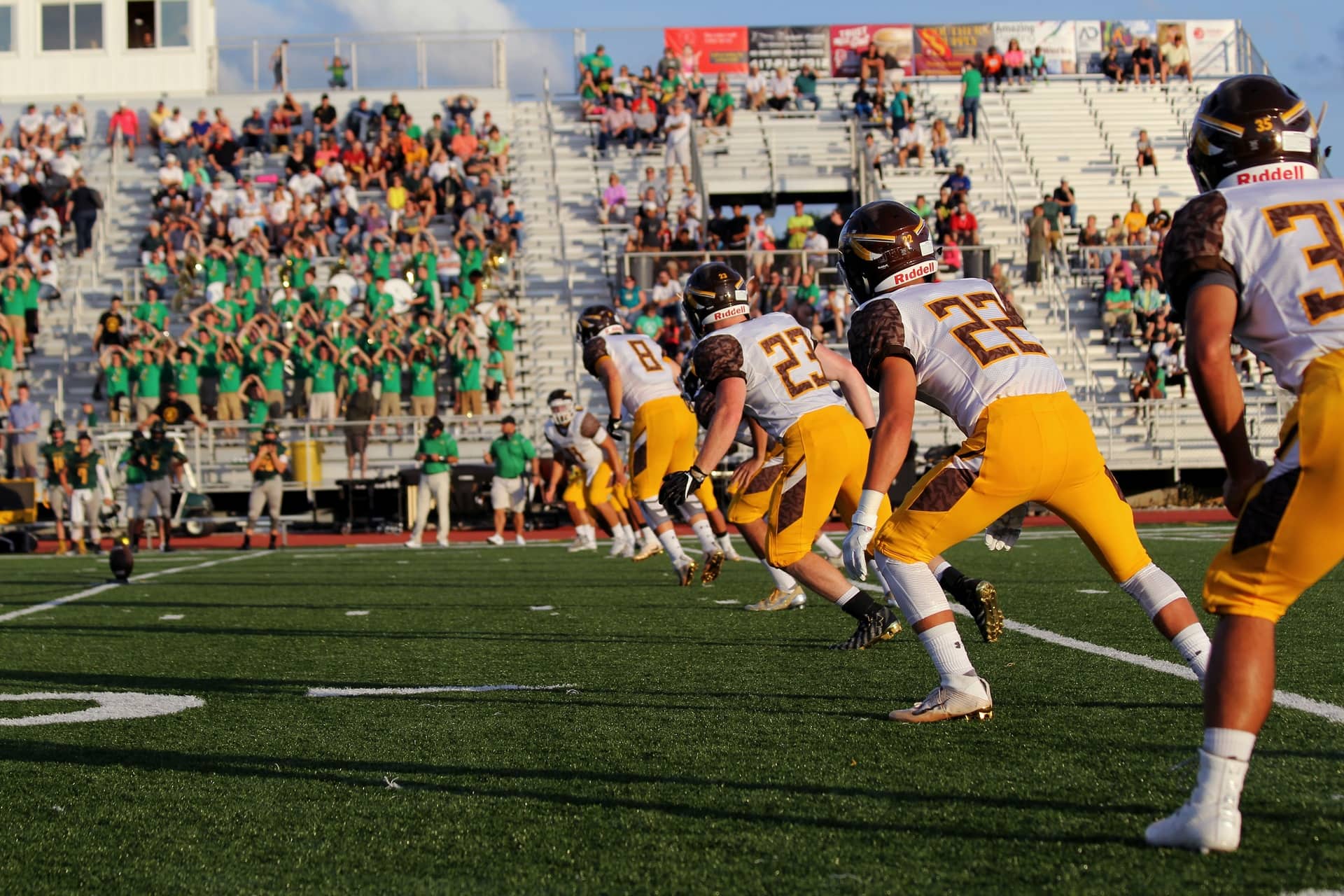On Monday June 21, 2021, the Supreme Court of the United States upheld lower court rulings that the National Collegiate Athletic Association’s restrictions on education-related benefits violated federal antitrust law. The Supreme Court’s 9-0 decision brings an end to more than 7 years of hard-fought litigation led by Pearson Warshaw, LLP and co-counsel Winston & Strawn, LLP and Hagens Berman Sobol Shapiro LLP. The defendants in the case were the NCAA and the top athletic conferences in the country, who were represented by some of the most prestigious defense law firms in the country.
“This is a banner day for college athletes,” said Pearson Warshaw attorney Ben Shiftan. “For far too long, college athletes have put their blood, sweat, and tears into their sports, earning enormous sums of money for their universities and the NCAA, all while having their educational benefits artificially capped. The fact that the Supreme Court ruled 9-0 makes it all the more special.”
The decision pokes significant holes in the NCAA’s mantra that it should be permitted to cap compensation to college athletes in the name of “amateurism.” As Justice Gorsuch noted in the majority opinion, “the district court found that the NCAA had not adopted any consistent definition” of amateurism and that “[i]nstead, the court found, the NCAA’s rules and restrictions on compensation have shifted markedly over time.” As Justice Kavanaugh noted in his concurrence, the NCAA should not be permitted to cap compensation under the theory that “the defining feature of college sports . . . is that the student athletes are not paid.” After all, “[a]ll of the restaurants in a region cannot come together to cut cooks’ wages on the theory that ‘customers prefer’ to eat food from low-paid cooks. Law firms cannot conspire to cabin lawyers’ salaries in the name of providing legal services out of a ‘love of the law.’ Hospitals cannot agree to cap nurses’ income in order to create a ‘purer’ form of helping the sick.”
The decision will be cited by courts throughout the country for decades to come. However, it is just one part of the nationwide movement to improve college athletes’ economic rights. Pearson Warshaw looks forward to continuing the fight on behalf of college athletes.
